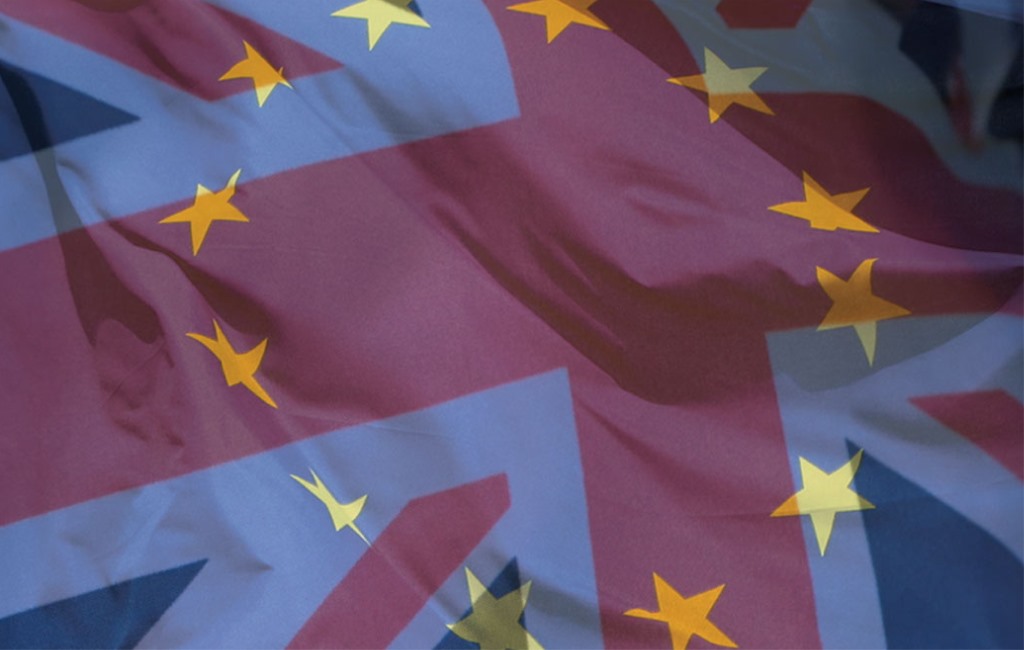Brexit or no Brexit, we’re running out of time to tackle climate change, argues the REA’s Nina Skorupska

Nina Skorupska is chief executive of the Renewable Energy Association source
Delivering on the people’s priorities
In this turbulent time we’re living in, it’s no surprise that eight days since taking place, the Spending Round is already a distant memory. What once preoccupied the news for a week if not a month was not even the news of the hour following Tanmanjeet Singh Dhesi MP’s impassioned question at PMQs. Further hindered by the majority of the sector finding the review rather lacklustre in its efforts to tackle net zero, the one year review has faded into the background and been lost amongst the all-too-frequent BBC breaking news alerts.
However, for me, the review has stuck in my mind beyond just taking in the necessary information to do my job. In fact, one particular line: ‘delivering the people’s priorities’ is what I haven’t been able to shake. I must admit, I could not help but laugh as this line was followed by Sajid Javid committing 537 per cent more funding to Brexit than achieving net zero. This being in spite of the tens of thousands of people joining climate action demonstrations and the recent Christian Aid poll finding that 71 per cent of people care more about climate change than Brexit.
As has too often been the case in the past few years, I’ve found myself picking my battles when it comes to Brexit and this did not seem like the worthiest of fights until I was quite rightly reminded that this review is just another microcosmic representation of wider politics. At our Bioenergy Strategy launch this week, the magnificent Dr Patricia Thornley hammered home the point that time is not on our side and three years’ worth of special exceptions made due to the ‘extraordinary circumstances’ of Brexit is no longer going to cut it. Unlike Brexit, which has already benefitted from one extension and is set to receive another, the world is on a clock that cannot be extended.
“What at many times over the past few months has been seen as a curse, the unstable and chaotic nature of Parliament may have been a blessing in disguise this whole time.”
In particular, as outlined in our Bioenergy Strategy, the decarbonisation of heat, agriculture and transport cannot wait until the Brexit dust has settled to be addressed. Transport continues to be the largest emitting sector holding a 27 per cent share and despite the industry’s best efforts, the government continues to drag its feet when it comes to meeting low carbon heat targets. Perhaps the most frustrating aspect is that we have, in part, solutions to these problems. Extending the Renewable Heat Incentive beyond 2021, introducing E10 and supporting the growth of Bioenergy with Carbon Capture Usage and Storage (BECCUS) would go a long way in achieving these targets, plugging the nuclear gap and addressing two thirds of the shortfall of the fifth carbon budget. Unfortunately, when trying to progress these policies we have hit a Brexit brick wall. Until now.
What at many times over the past few months has been seen as a curse, the unstable and chaotic nature of Parliament may have been a blessing in disguise this whole time. Whether it is in a month or three, an election is imminent and not just any election but one that is in the midst of unprecedented levels of political carnage. With almost every seat up for grabs, now is the time to capitalise on the climate change movement and push through this Brexit fog. The polls for Brexit continue to fluctuate but support for renewable energy, clean technology and the environment remains constant polling at an impressive 80 per cent or more.
In the run up to the election, whenever it may be, we need to ensure that every single MP and candidate knows that addressing climate change is how to deliver on the people’s priorities. We have science on our side, we have the technology and we have the support of the general public. Now we need to ensure that we work as a united force to push these issues to the forefront of party manifestos and the minds of parliamentarians because after all, renewable energy, clean technology and safeguarding the environment is the real winning ticket.
Footnote: E10 is a mixture of 10 per cent ethanol with 90 per cent petrol, double the current permitted maximum. Germany, Belgium and Finland have also introduced E10, with other countries including China and India set to do the same. In Brazil the minimum ethanol content is now 27 per cent and in France the minimal ethanol content is now 47 per cent.
Nina Skorupska is chief executive of the Renewable Energy Association

